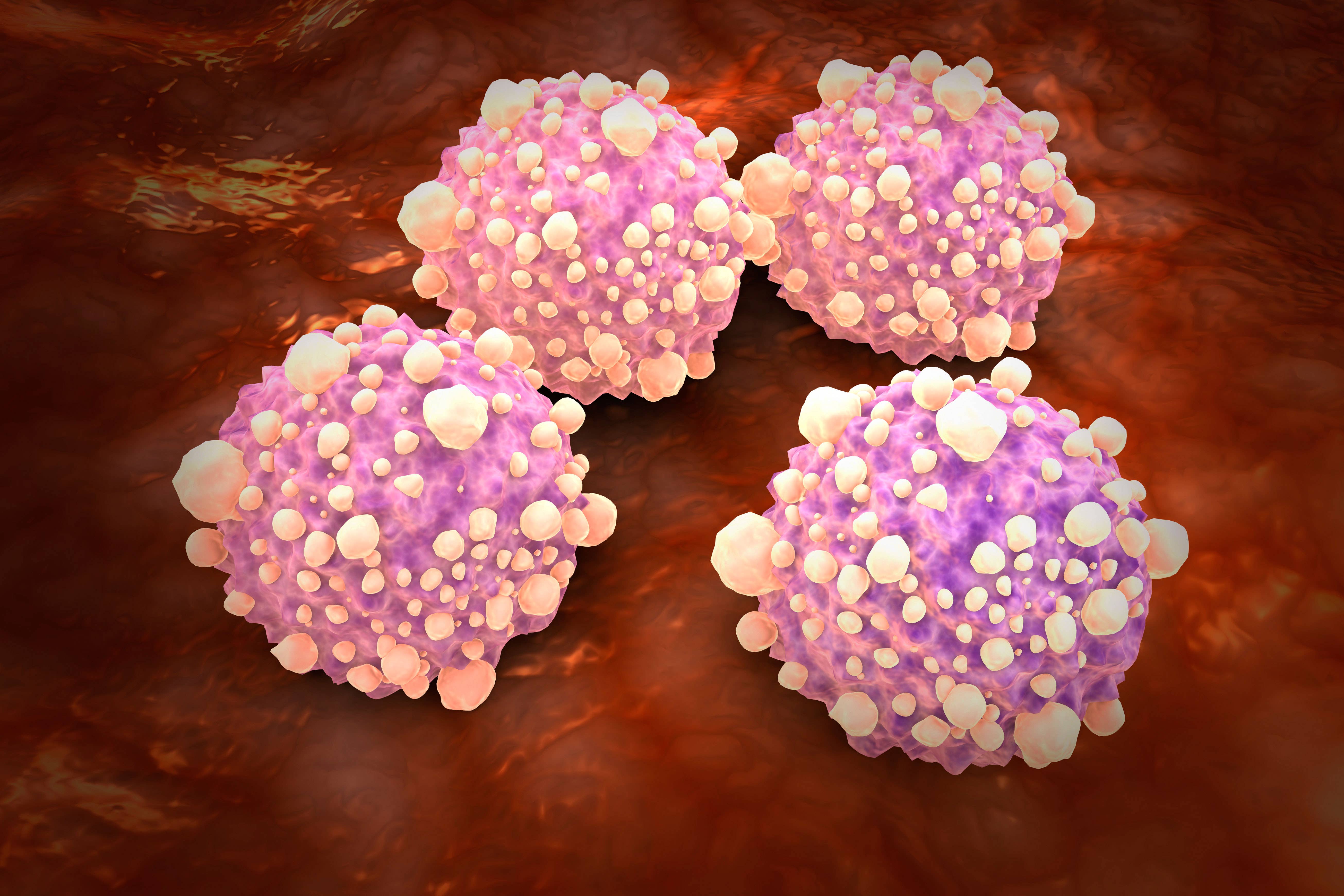Failing to brush your teeth enough could triple your risk of developing pancreatic cancer, a study has suggested.
It has long been understood that the presence of harmful bacteria and fungi in the mouth leaves people more vulnerable to diseases such as cancer than those with healthier mouths – now a new study specifies which bacteria and fungi cause the increase in risk.
Scientists at NYU School of Medicine discovered that harmful bugs originating from the mouth can be carried through the saliva into the pancreas, ramping up the risk of pancreatic cancer.
“It is clearer than ever that brushing and flossing your teeth may not only help prevent periodontal disease but may also protect against cancer,” co-author and population health expert Dr Richard Hayes wrote in the JAMA Oncology journal.

The study tested 122,000 people and identified three different oral periodontal pathogens, 20 additional bacteria, and four fungi. Over eight years, the study assessed which bacteria and fungi led to increased incidences of one of the most deadly forms of cancer.
Researchers used data from two investigations tracking participants in America for around eight years. These investigations were the American Cancer Society Cancer Prevention Study-II Nutrition Cohort and the Prostate, Lung, Colorectal, and Ovarian Cancer Screening Trial.
Candidates provided oral samples after rinsing with mouthwash, and those who were prospectively diagnosed with pancreatic cancer were identified during a follow-up.
Of the 122,000 participants, 445 developed pancreatic cancer and were matched with 445 “controls” – participants who remained cancer-free. Of the 890 participants, the average age was 67 and 53.3 per cent were male, with the rest female.
“Oral bacterial periodontal pathogens—P gingivalis, E nodatum, and P micra—were associated with increased risk of pancreatic cancer,” the authors wrote in their conclusion.
“A bacteriome-wide scan revealed 8 oral bacteria associated with decreased and 13 oral bacteria associated with increased risk of pancreatic cancer.”
One fungi, known as candida, was singled out as being particularly associated with pancreatic cancer.
As a result, the authors said, “oral bacteria and fungi were significant risk factors for pancreatic cancer development”.
The findings could allow oncologists in future to identify individuals who are at high risk of developing pancreatic cancer, allowing healthcare providers to develop a more personalised prevention plan.
Pancreatic cancer has one of the lowest survival rates of any form of cancer, largely because it is often diagnosed at a late stage due to very vague symptoms.
These symptoms include jaundice (the whites of your eyes or skin turning yellow), itchy skin, darker pee and paler poo, the NHS says on its website.
Others include loss of appetite or unexpected loss of weight, lack of energy and fatigue, and a high temperature.
Digestive symptoms include nausea, diarrhoea or constipation, pain in your upper stomach and back – which may feel worse when eating or lying down and better when leaning forward, and indigestion symptoms such as bloating.



